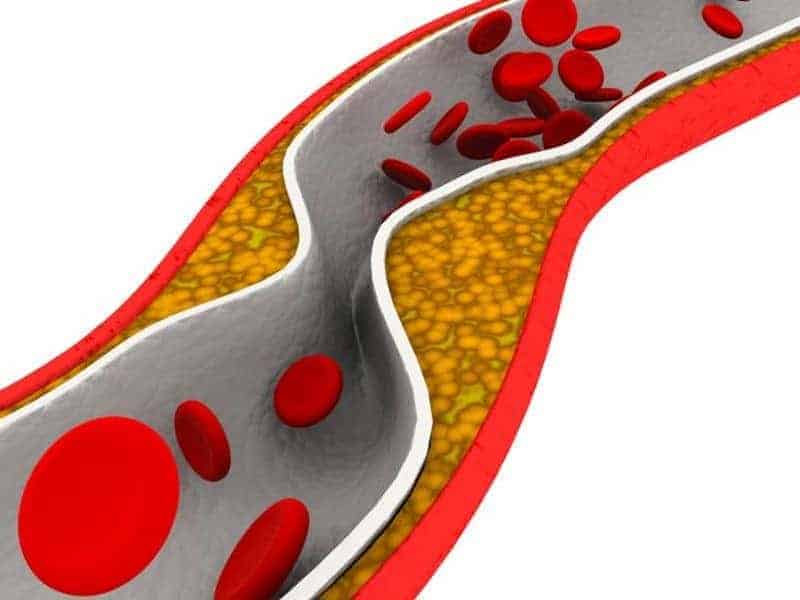MONDAY, May 20, 2019 (HealthDay News) — More than one-third of patients on statin therapy fail to achieve therapeutic thresholds for low-density lipoprotein cholesterol (LDL-C), according to a study published in the May issue of the Journal of Managed Care & Specialty Pharmacy.
Titus Schleyer, D.M.D., Ph.D., from Indiana University in Indianapolis, and colleagues used electronic health record data from the Indiana Network for Patient Care (for patients seen between Jan. 1, 2012, through Oct. 31, 2016) to determine how many patients on statins achieved the therapeutic threshold of LDL-C <100 mg/dL (general cohort) and <70 mg/dL (secondary prevention subcohort with preexisting cardiovascular disease [CVD]). Adults included were >45 years old and statin-naive for 12 months before the index date initiation of statin therapy and had an LDL-C value recorded six to 18 months after the index date.
The researchers found that of the 89,267 patients initiating statins, 33.7 percent did not achieve the LDL-C threshold (subcohort: 58.1 percent). Among patients who adhered to therapy, nearly one-quarter of the general cohort (23.7 percent) and half of the subcohort (50.5 percent) had LDL-C levels that did not meet the threshold. In the at-or-above threshold group, the 10-year CVD event risk was 22.78 percent in the general cohort and 29.56 percent in the subcohort. Achieving LDL-C thresholds in the general cohort (a potential relative risk reduction of 14.8 percent) could avoid 1,173 CVD events over 10 years and 454 events (a 15.7 percent risk reduction) in the subcohort. This additional risk reduction yields a savings of $1,455 per patient treated to reach the threshold (subcohort: $1,902) during a 10-year period.
“This study has shown a large and potentially important gap between reasonable LDL-C thresholds and actual LDL-C levels achieved by contemporary statin regimens within a large, diversified patient population in Indiana,” the authors conclude. “Achieving these thresholds could translate into substantial CV risk reduction and cost savings.”
Several authors disclosed financial ties to Merck, which funded the study.
Copyright © 2019 HealthDay. All rights reserved.



